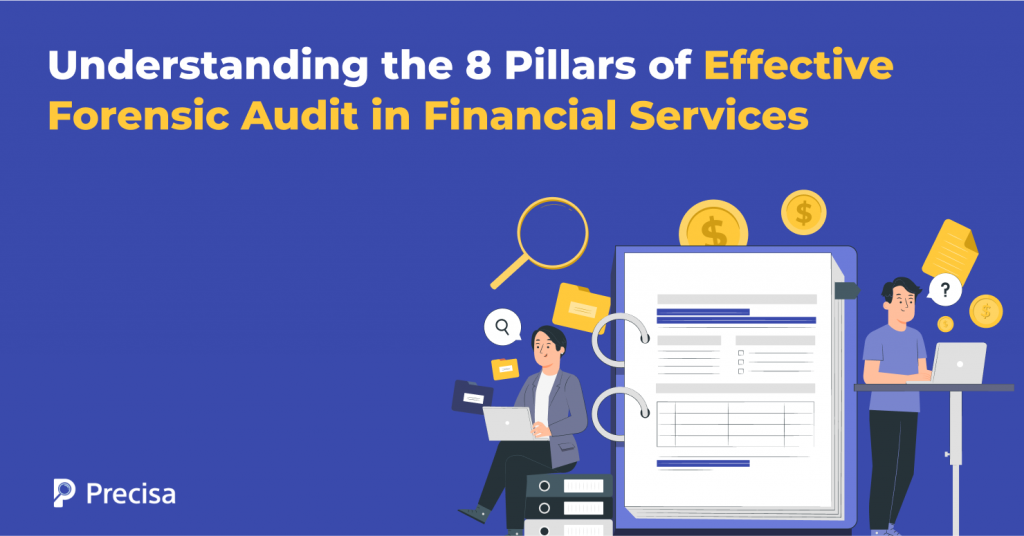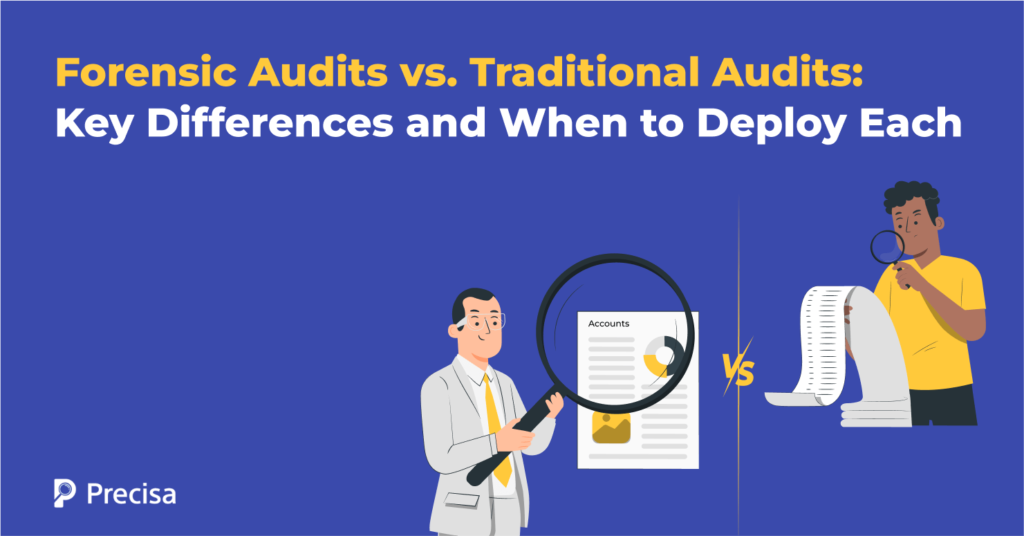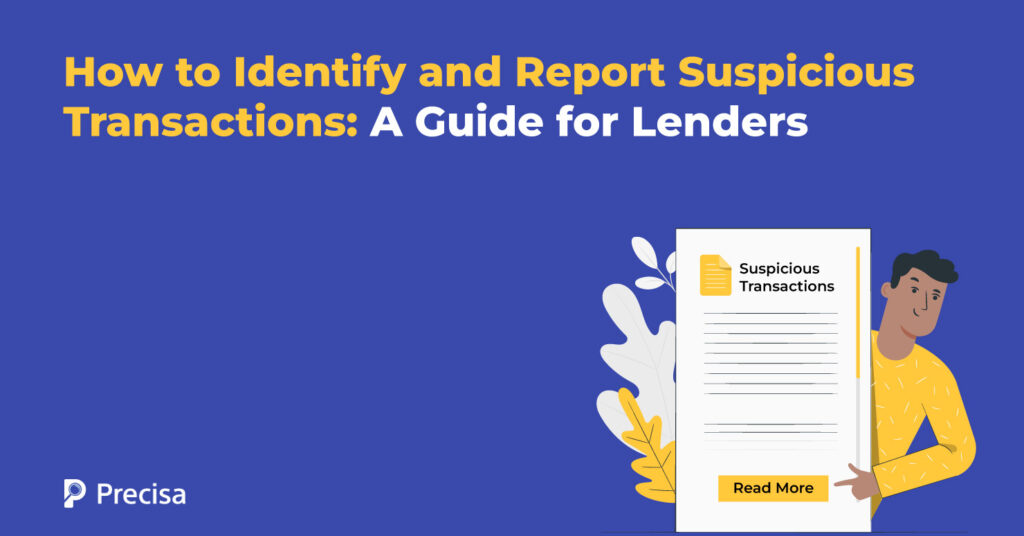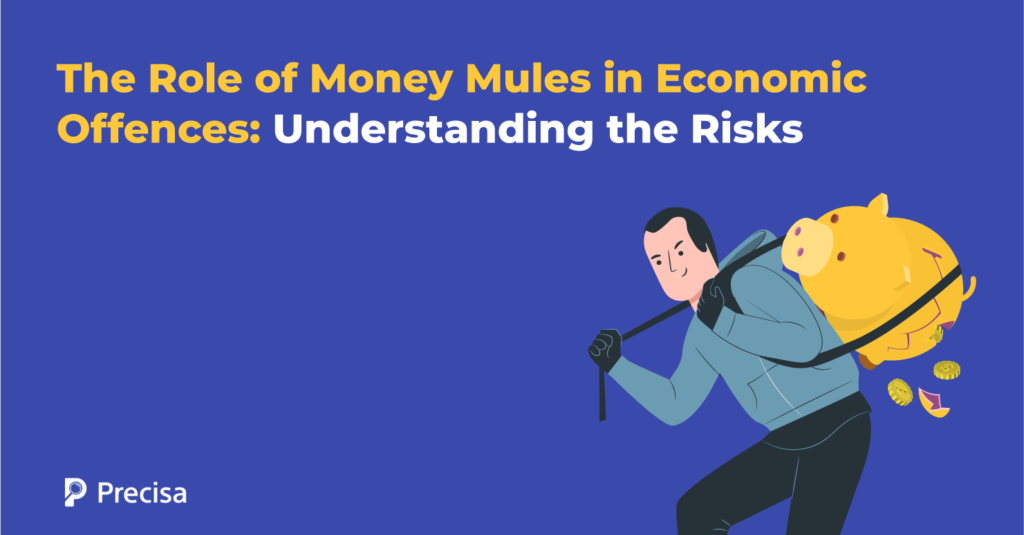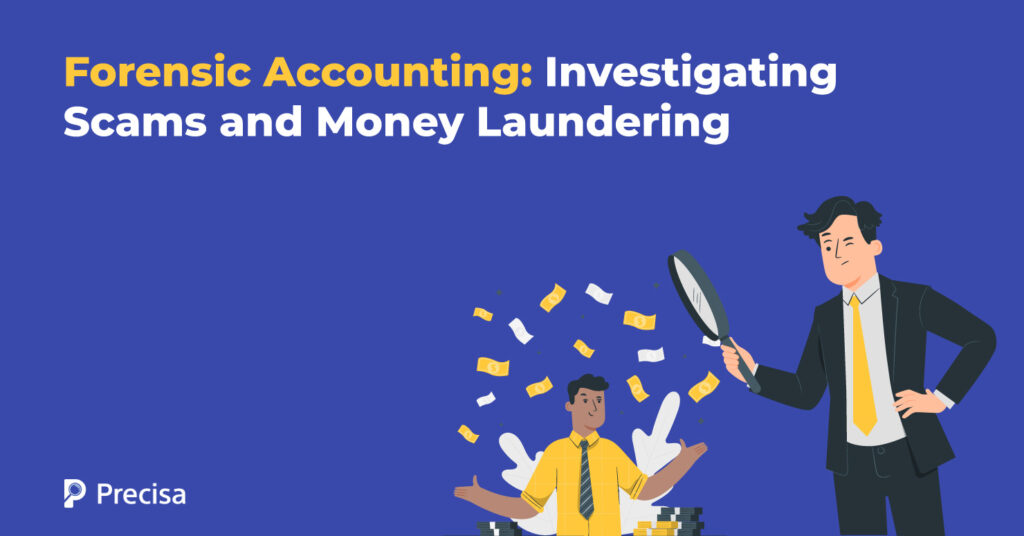In India’s rapidly digitising financial ecosystem, the risk of fraud has grown significantly. A PWC report pointed out that nearly 59% of Indian organisations had been defrauded over the previous 24 months. For financial institutions, early fraud identification is not merely a regulatory requirement but a business imperative. This is where forensic audits become critical. […]
Why Is Money Trail Detection Important in Preventing Economic Offences?
Economic offences like money laundering, shell companies, and tax evasion have escalated in India. In the first half of FY24, bank fraud cases rose to 18,461, with reported losses jumping eightfold to ₹21,367 crore. These financial crimes undermine public trust and destabilise the economy. The Enforcement Directorate (ED) responded by attaching assets worth ₹1.45 lakh […]
3 Major Consequences of Money Laundering for Lenders in India
Money laundering is clearly one of the biggest threats to India’s financial and economic stability. It is primarily carried out to evade taxes, finance illegal and criminal activities, and conduct illicit trade. The Enforcement Directorate (ED) revealed that it registered over 5,900 money laundering cases between 2014 and 2024. The total value of money laundering […]
Forensic Audits vs. Traditional Audits: Key Differences and When to Deploy Each
India suffered over ₹11,000 crore in losses to cybercrime in 2024. Stock trading frauds alone accounted for ₹4,636 crore. Tamil Nadu specifically reported losses over this period of ₹1,116 crore. For financial health, traditional audits have long been the norm, but forensic audits are a better choice when legal conflicts or fraud suspicions surface. In […]
How to Identify and Report Suspicious Transactions: A Guide for Lenders
PwC India’s analysis predicts a major increase in digital financial suspicious transactions, with volumes rising from 159 billion in FY 2023-24 to 481 billion in FY 2028-29. This sustained growth pattern indicates that the number of transactions in 2025 will be higher than the 159 billion recorded in FY 2023-24. This trend represents a 3x […]
The Role of Money Mules in Economic Offences: Understanding the Risks
As economic offences get more penetrative and sophisticated, financial institutions across the world face increased threats. One of the methods opted for such offences is the exploitation of money mules. This touches financial institutions, businesses, and governments globally, raises questions from the regulatory side, and brings instability to the financial system. NCRP reported that around […]
8 Best Practices for Conducting Forensic Audits in Lending
The rising incidence of corporate scams has the potential to destabilise Indian businesses and the economy, especially given the high-profile cases, such as the Satyam Computer Services scandal, the PNB fraud, and the IL&FS crisis. For lending institutions, the risks are even higher. The Reserve Bank of India reported frauds totalling ₹30,252 crore in FY […]
Scam Alert: 5 Ways Lenders Can Protect Themselves from Sophisticated Scammers
According to a recent Reserve Bank of India (RBI) report, bank fraud cases increased by 27% year-on-year in FY 2024-25. Between April and September 2024, the Indian police registered 18,461 cases, amounting to INR 21,367 crore, a significant rise from the 14,480 cases. Lending money carries inherent risks, which are amplified by swindlers. Despite stringent […]
Forensic Accounting: Investigating Scams and Money Laundering
In April 2023, the Directorate of Enforcement (ED) uncovered a money laundering scheme linked to the misuse of an app-based token named HPZ. Fraudsters deceived investors with promises of high returns from cryptocurrency mining. During the investigation, ₹91.6 Crore was frozen across multiple bank and payment gateway accounts. Forensic accounting, combined with advanced tools like […]
5 Ways Lenders Can Prevent Economic Offences and Financial Crimes
The Indian police registered approximately 193,000 economic offences in 2022, an 11% growth from the previous year. These crimes accounted for 5.4% of all the crimes reported that year. Furthermore, the National Crime Records Bureau (NCRB) has broadly divided economic offences into three main categories: criminal breach of trust, counterfeiting and forgery, and cheating and […]

